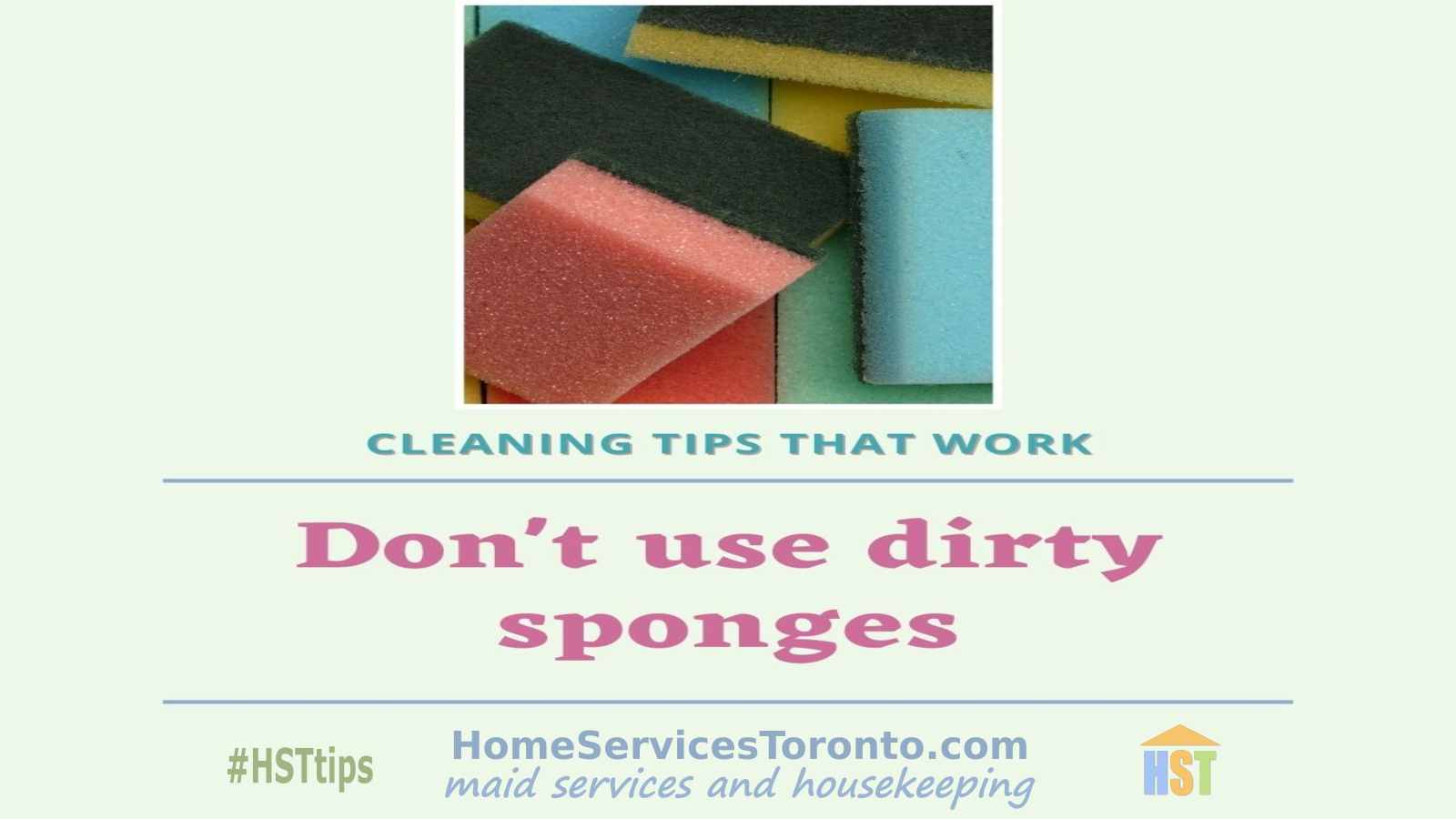A stack of clean, hygienic kitchen sponges
A kitchen sponge is an indispensable tool in the kitchen, serving a multitude of purposes such as washing dishes, cleaning countertops, and wiping down surfaces. Despite its widespread use, many individuals are unaware of the significance of regularly sanitizing these sponges, continuing to employ them for prolonged periods without proper sterilization. This neglect can result in the buildup of bacteria, mold, and other hazardous microorganisms that pose a threat to health and hygiene.
Dangers posed by unclean sponges
To fully comprehend the dangers posed by unclean sponges, it is important to understand the numerous ways in which they can endanger hygiene and health. The most pressing peril is food contamination. If a sponge is infected with bacteria or any other harmful pathogens, it can easily transfer these germs to food, causing food poisoning and a variety of other health issues. This can have serious implications, particularly for individuals with weakened immune systems or for young children.
Unpleasant odors
In addition to the risk of food contamination, dirty sponges can also result in unpleasant odors in the kitchen. Over time, bacteria and microorganisms can generate a potent, musty odor that can be challenging to eliminate. Furthermore, the use of dirty sponges in the kitchen can contribute to the spread of germs and bacteria. When an individual uses a contaminated sponge to clean countertops, dishes, and other kitchen surfaces, they can easily spread germs and bacteria from one surface to another, resulting in a vicious cycle of contamination. This can lead to a significant increase in the number of bacteria present in the kitchen and can make it difficult to maintain a hygienic environment.
To reduce the risks associated with unclean sponges and ensure a safe and hygienic kitchen, it is essential to clean them regularly.
Here are some tips for cleaning kitchen sponges
Sanitize with heat:
One of the most effective methods of killing bacteria and other harmful microorganisms on kitchen sponges is to sanitize them with heat. Place the sponge in the microwave for one minute on high power, or run it through the dishwasher in the hottest setting. This high heat can kill 99.9% of bacteria and other harmful pathogens, ensuring that the sponge is clean and safe to use.
Use a solution of vinegar and water:
Mix equal parts water and vinegar in a bowl and soak the sponge in the solution for five minutes. This will help kill bacteria and neutralize unpleasant odors. The acidic nature of vinegar is highly effective in breaking down and removing harmful pathogens, making it an excellent option for sanitizing kitchen sponges.
Wash with soap and water:
Regularly washing kitchen sponges with soap and water can help remove dirt, grease, and food particles that can harbor bacteria. This regular washing can help keep the sponge clean and free from harmful pathogens, reducing the risk of contamination.
Summary
In conclusion, clean kitchen sponges are essential for maintaining a healthy and hygienic kitchen environment. By reducing the risk of food contamination, unpleasant odors, and the spread of germs and bacteria, you can keep your kitchen safe for you and your family. Regular cleaning of kitchen sponges is a simple and effective way to ensure that your kitchen remains safe and hygienic. So the next time you reach for that kitchen sponge, don't use dirty sponges. Clean them regularly and keep your kitchen safe.

